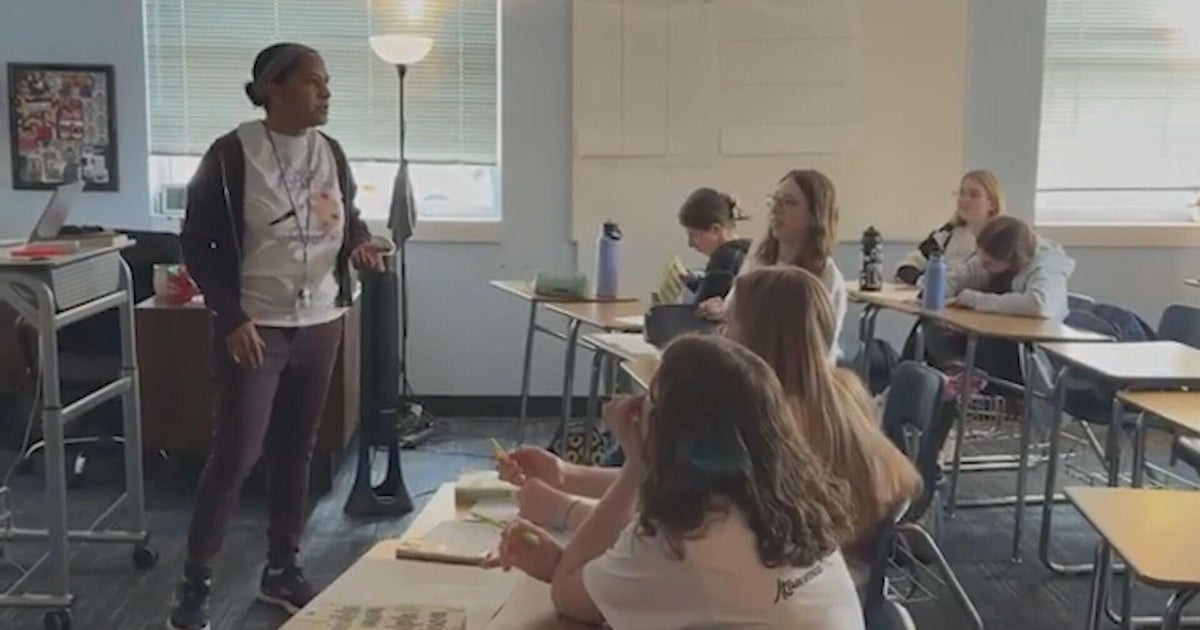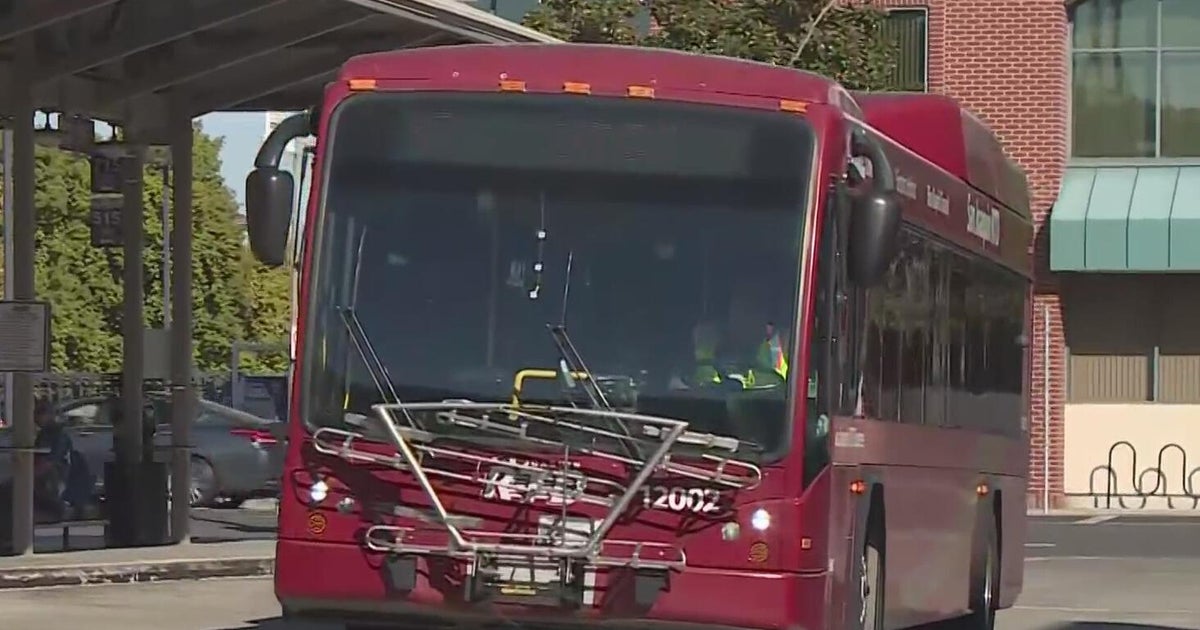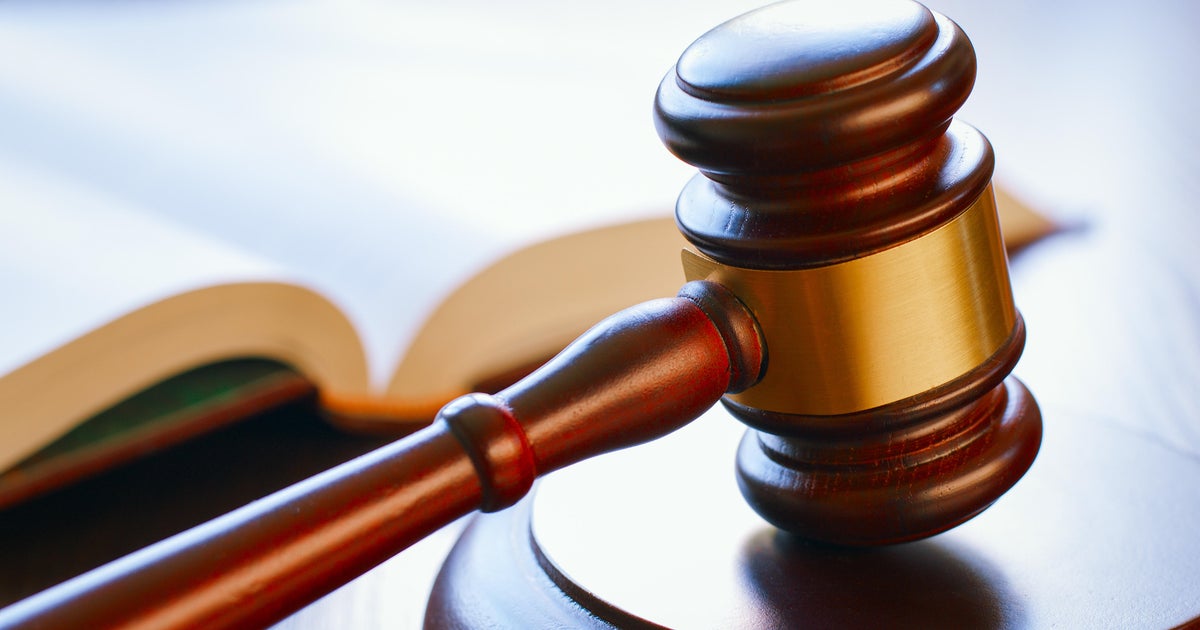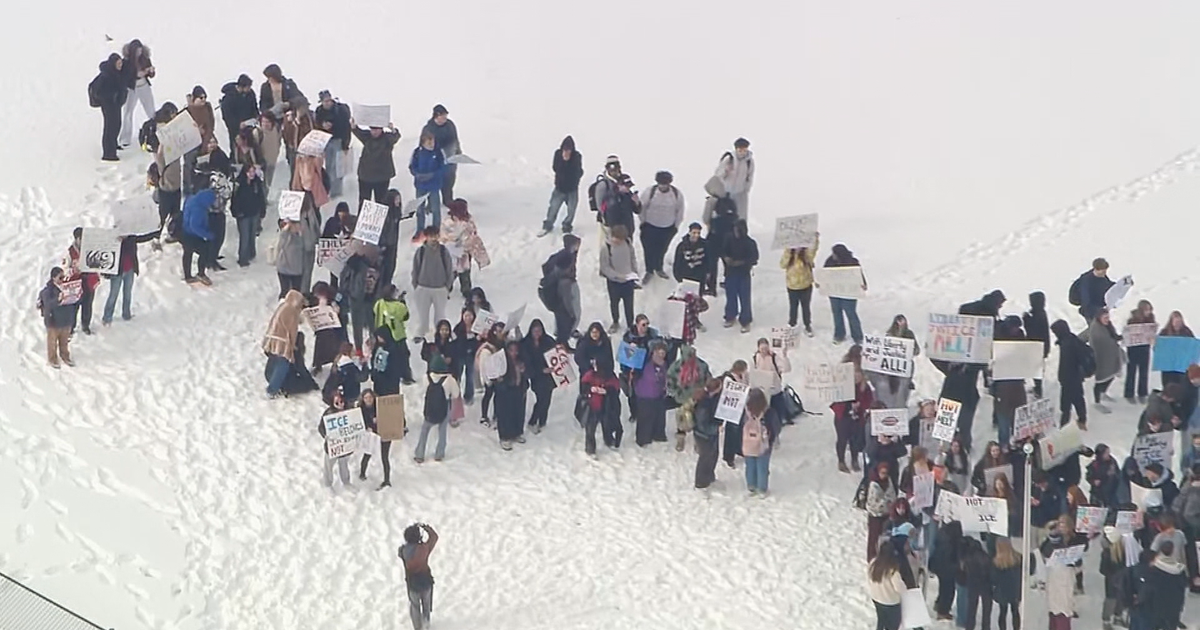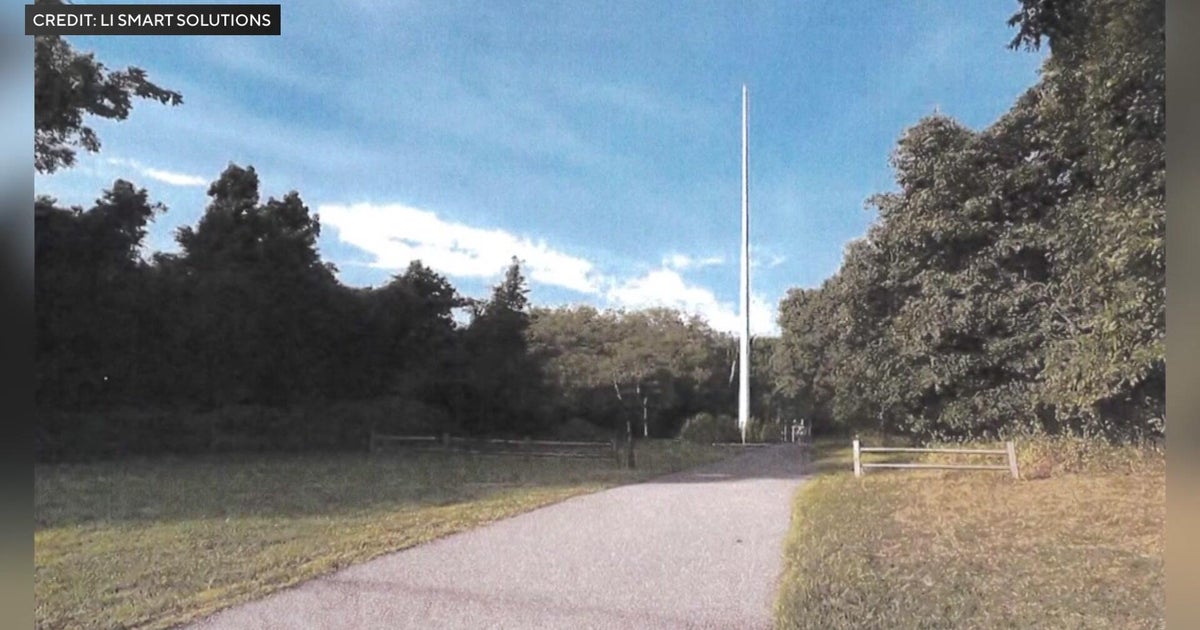Q&A: What Are Students In Jefferson County Protesting?
DENVER (AP) - A fight in Colorado over how United States' history is taught has pitted the new conservative majority on a suburban Denver school board against students and teachers who accuse the board of censorship.
The students and teachers are protesting possible changes to the new Advanced Placement history course. Hundreds have turned out to demonstrate, holding signs saying "There is nothing more patriotic than protest" and "Teach us the truth."
School board members say they want to make sure the history course, accused of having an anti-American bias by some conservatives, is balanced. They say students are being used as pawns by teachers, who are upset about a new merit pay system.
Here's a look at the issue that has galvanized Colorado's second-largest school district:
WHAT SPARKED THE CHANGES TO THE CLASSES IN THE FIRST PLACE?
For years, high school teachers have complained that Advanced Placement history classes - electives which are meant to help high school students prepare for college- were not challenging enough. They said they were covering so many topics superficially and were more focused on helping students memorize facts and pass the test to earn college credit than actually preparing them to go to college.
A group of college professors and high school teachers were appointed in 2006 by the College Board, which administers AP exams, to redesign the course. The course plan was made public in 2012 and this is the first year it is being used in schools across the country.
HOW WERE HISTORY CLASSES CHANGED?
The focus of the course has shifted from cramming in as many facts as possible to emphasizing examination of historical documents and discussion about the nation's history organized around themes such as "politics and power" and "identity."
For example, the course gives more attention to the period before Christopher Columbus' arrival - a period rushed through before as just a "prelude" to colonization - as well as to slavery and women to incorporate new research, said University of Colorado history professor Fred Anderson, who helped in the first round of the redesign. He said teachers have more time to cover these topics because they no longer have to cover as much minutiae, like making students memorize dates of minor historical events.
WHAT DO CRITICS SAY?
Some conservatives like the National Review's Stanley Kurtz say the course was influenced by a movement in academia to de-emphasize the United States' uniqueness and treat it as one nation among many, with an eye toward promoting a less aggressive foreign policy.
The Colorado school board member who proposed reviewing the course, Julie Williams, says the course has an emphasis on "American-bashing" and says the framework omits important historical figures like Benjamin Franklin and Martin Luther King, Jr. and events like the Boston Tea Party. But others she says are omitted are mentioned as possible choices for student essays on the test, including Thomas Jefferson and John Adams.
The College Board says the framework isn't meant to be an exhaustive list of events and people to be covered because teachers generally know which figures to include and because curriculum standards vary among states. For example, the Black Panthers are suggested for a discussion about "attacks on postwar liberalism," but the instructions state that their specific mention doesn't mean that they are more important than King or Rosa Parks, who isn't mentioned.
WHAT STARTED THE COLORADO PROTESTS?
On Sept. 18, the Jefferson County Board of Education met and proposed setting up a committee to ensure that the courses "promote citizenship, patriotism, essentials and benefits of the free-market system, respect for authority and respect for individual rights" and don't "encourage or condone civil disorder, social strife or disregard of the law."
Williams is one of three conservatives elected to the school board last year. They are now the majority, and they've pushed out the district's veteran superintendent and clashed with the teachers union and parent-teacher association.
At the same meeting, they also backed a plan to base teacher raises on an evaluation system which teachers say is flawed. Teachers at two schools staged sick outs with some students joining them in protest the next day. When classes resumed the following week, waves of students walked out of class to protest.
WHAT HAS HAPPENED IN OTHER STATES?
In Texas, the state board of education has ordered teachers to adhere to curriculum standards and not teach to the AP history standards, even though students will still take the same test as students elsewhere. In South Carolina, conservatives have called on an education oversight committee to ask the College Board to rewrite the framework to remove ideological bias.
WHAT'S NEXT?
The school board will meet Thursday and may vote on the proposal. Students, parents and teachers plan to attend the meeting, as well as protest before it starts.
There's no sign conservatives want to back off creating a review committee, but the latest proposal omits the language about ensuring that the course promotes patriotism and downplays social disorder. Superintendent Dan McMinimee has said he'll ask the board to appoint students to the committee.
A Look At Changes In College Prep History Courses
Colorado students and teachers are protesting a school board's attempt to change the new way some history college prep classes are being taught and tested.
For years, high school teachers have complained that Advanced Placement history classes - electives which are meant to help high school students prepare for college- were more focused on helping students memorize facts and pass the test to earn college credit than actually preparing them to go to college. A group of teachers and professors rewrote the guidelines, and this is the first year they are being used in schools across the country. The questions are broad and are meant to get students to think critically.
Critics say the new framework is so broad that it omits important historical figures like Benjamin Franklin and Martin Luther King, Jr. and events like the Boston Tea Party.
Here are examples from the College Board of questions on the old and new test:
BEFORE:
The Northwest Ordinances did which of the following
-Provided for the annexation of the Oregon Territory
-Established reservations for Native Americans
-C. Granted settlers a free homestead of 160 acres
-Established the terms for settlement and admission of the new states
-Banned slavery north of the 36 30' line
(Answer: D)
AFTER:
"(H)istory and experience prove that foreign influence is one of the most baneful foes of republican government. Excessive partiality for one foreign nation and excessive dislike of another cause those whom they actuate to see danger only on one side and serve to veil and even second the arts of influence on the other. The great rule of conduct for us, in regard to foreign nations, is in extending our commercial relations to have them as little political connection as possible. So far as we have already formed engagements, let them be fulfilled with perfect good faith. Here let us stop. Europe has a set of primary interests which to us have none, or a very remote relation. Hence she must be engaged in frequent controversies, the cause of which are essentially foreign to our concerns." - George Washington, Farewell Address, 1796
- The concerns expressed by Washington were a response to the:
-Debate over the proper treatment of American Indian tribes in the trans-Appalachian West
-Dispute over the possibility of annexing Canada from Great Britain
-Controversy regarding support for the revolutionary government of France
-Conflict with Great Britain over the treatment of American loyalists
(Answer: C)
- The ideas expressed in Washington's address most strongly influenced which United States foreign policy decision in the twentieth century?
-The establishment of the United Nations in 1945
-The formation of the NATO alliance between the United States and Western Europe in 1949
-The refusal to join the League of Nations in 1919
-The oil embargo against Japan in 1941
(Answer: C)
BEFORE:
The National Organization for Women (NOW) was founded in 1966 in order to:
-Challenge sex discrimination in the workplace
-Oppose the proposed Equal Rights Amendment
-Advocate restrictions on access to abortion
-Advocate equal access for women to athletic facilities
(Answer: A)
AFTER:
Using your knowledge of United States history, answer parts a and b.
a) Briefly explain why ONE of the following periods best represents the beginning of a democracy in the United States. Provide at least ONE piece of evidence from the period to
support your explanation.
. Rise of political parties in the 1790s
. Development of voluntary organizations to promote social reforms between the 1820s
and the 1840s
. Emergence of the Democrats and the Whigs as political parties in the 1830s
b) Briefly explain why ONE of the other options is not as persuasive as the one you chose.
Source: College Board FAQ's with sample questions: http://bit.ly/1AkWNwc
- By Colleen Slevin, AP Writer
(© Copyright 2014 The Associated Press. All Rights Reserved. This material may not be published, broadcast, rewritten or redistributed.)
